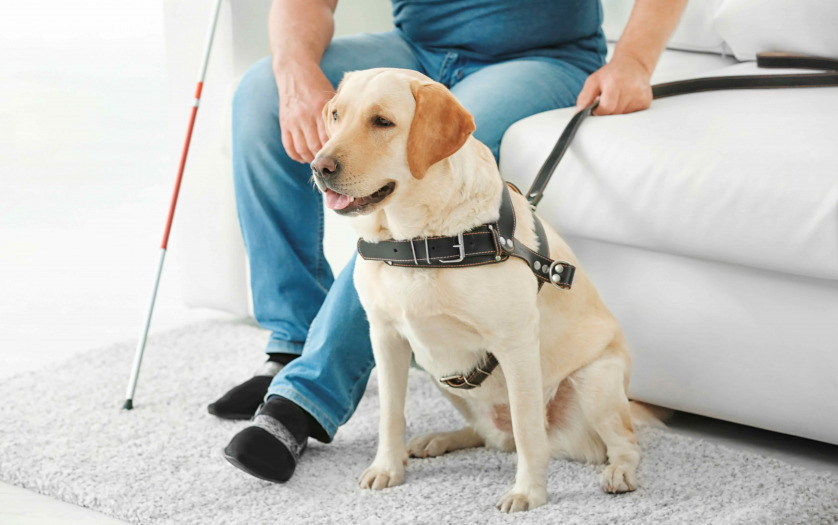
The U.S. Department of Housing and Urban Development released guidance that clarifies how housing providers can comply with the Fair Housing Act when assessing a request from a person with a disability to have an assistance animal.
The Fair Housing Act prohibits discrimination in housing against individuals who have disabilities that affect a major life activity. The Act requires housing providers to permit a change or exception to a rule, policy, practice, or service that may be necessary to provide people with disabilities that affect a major life activity an equal opportunity to use and enjoy their home.
In most circumstances, a refusal to make such a change or exception, known as a reasonable accommodation, is unlawful. A common reasonable accommodation is an exception to a no pet policy. A person with a disability that affects a major life activity may require the assistance of an animal that does work, performs tasks, or provides therapeutic emotional support because of the disability. Housing providers may confirm, if it is not apparent, whether the requested accommodation is needed because of a disability that affects a major life activity and is a reasonable request.
This new Assistance Animal Notice will help housing providers in this process by offering a step-by-step set of best practices for complying with the Act when assessing accommodation requests involving animals and information that a person may need to provide about his or her disability-related need for the requested accommodation, including supporting information from a health care professional.








